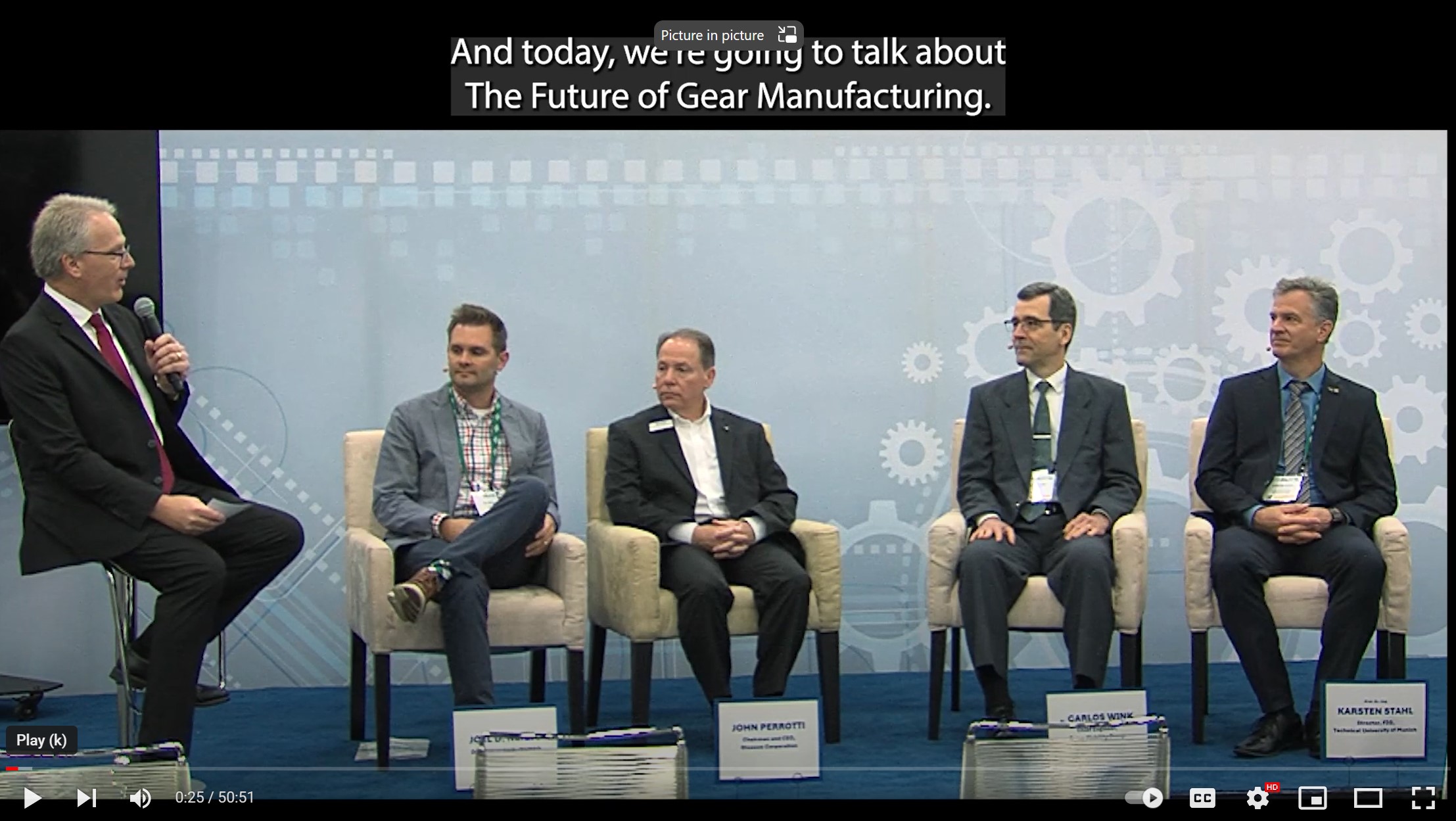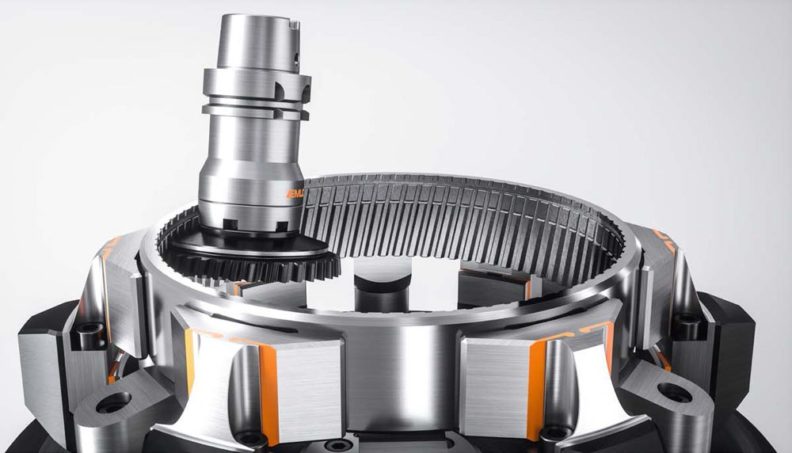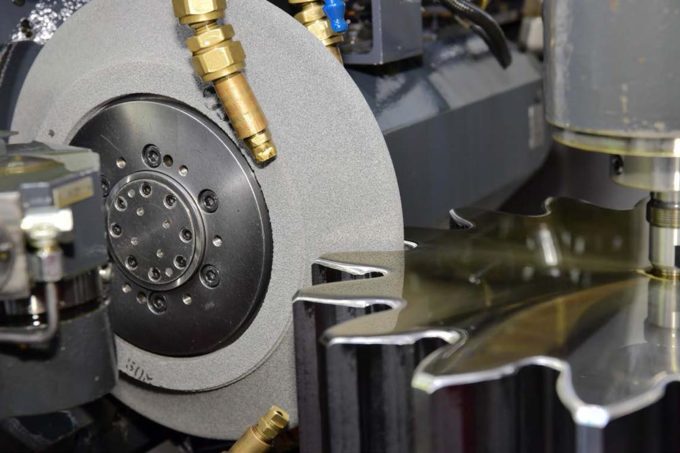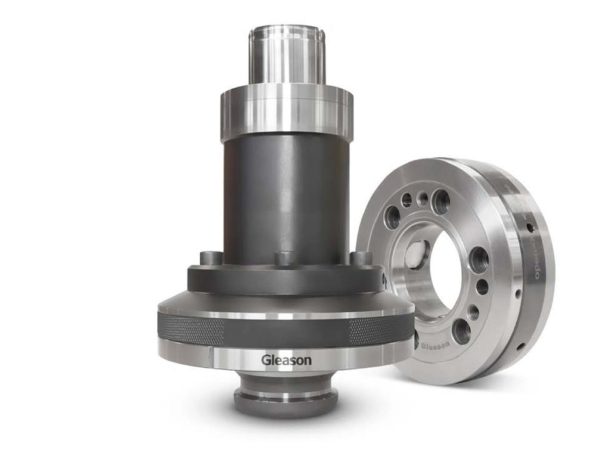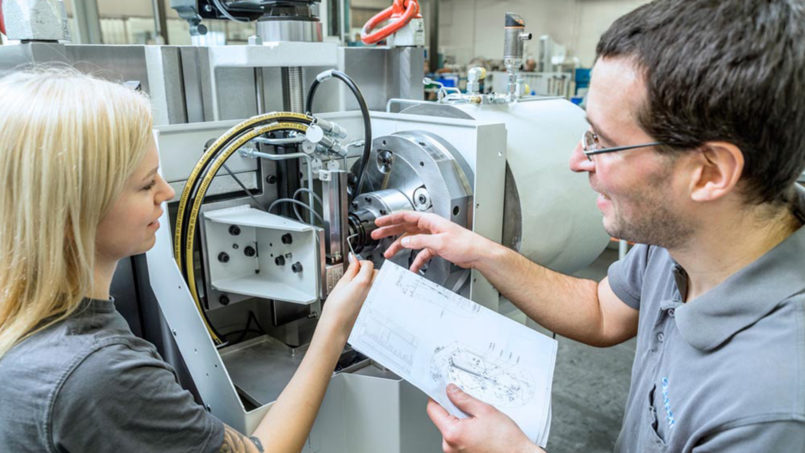Project-Based Groups for Standards Development
AGMA’s standards development process has been reorganized from a committee-based structure to a project-based format. This change means that AGMA will no longer have standing, topic-specific committees. Instead, project working groups will be formed to develop and deliver project-specific objectives. The group will be dissolved at the end of the project. The change will enable the AGMA’s Technical Division Executive Committee (TDEC) to pivot its resources in a timely manner to meet and address the ever-changing needs and challenges of the gearing industry.
Since its inception more than 100 years ago, AGMA has been helping the gear industry by developing technical standards and information sheets covering a wide variety of topics from design to manufacturing, testing, and failure analysis. Today AGMA’s catalog contains over 103 standards and information sheets. None of this would have been possible without the dedicated participation and valuable contributions of the industry experts, from AGMA membership, joining forces together in over 23 standing, subject-based technical committees formed over the years to address the industry needs as they surfaced. To continue that tradition and maintain its mission to help the industry with its ever-changing needs and challenges, the TDEC has approved the re-organization of the current technical committees.
The subject-specific committee-based system had a few disadvantages. For instance, due to the broad scope of their subject matter, committees usually had more than one document assigned to them. However, not everyone on the roster of that committee was interested in or had the needed knowledge to actively participate and make contributionsfor during the development, or subsequent review and revision, of every document assigned to the committee. And that almost always introduced issues in complying with ANSI numerical requirements during final review and approval. Furthermore, the other major disadvantage of the subject-based committee system manifested during the review and evaluation of new projects within the confines of the pre-determined scopes of the existing committees. This was analogous to trying to fit a square peg into a round hole.
So, after thorough reviews and careful discussions, the TDEC has approved switching from subject-based technical committees to a project-based working group format. In the new project-based system, AGMA will utilize a broader base of potential volunteer industry experts to form a working group dedicated to a single project, as opposed to the old process of only using the existing committee roster. AGMA will solicit involvement from all prior technical committee members, and all technical representatives from current member companies, through general announcements in the Gear Technology and Power Transmission Engineering and through ANSI’s public announcements. The expanded pool of experts offers the potential for larger participation from industry experts.
Needless to note, the aforementioned change doesn’t prevent the old committee roster from “signing up” for, or continuing in, future projects. In fact, from a member’s perspective, there will be little to no noticeable change from the current system to the project-based format. Many of the experts around the table for a new project will be the same experts from the committee-based system. This fact—along with the complete archive that AGMA maintains from all past projects—will ensure the historical “know-how” is brought forth to the new project-based working group system.
Furthermore, it should be noted that in the new system, members who are interested in keeping up with the project’s progress but do not wish to be a member of the project working group, will be able to do so through the AGMA document portal (Govenda). However, only those member companies who sign up to work on a new project will have voting privileges on the project.
We expect the new system will enable AGMA to meet and respond to the industry’s ever-changing needs and challenges as efficiently as ever.
If interested, additional details may be found in the newly revised AGMA 999, Operating Instructions for AGMA Technical Division. If you have questions or would like to be added to the pool of experts, please contact us at tech@agma.org.
Thank you all for your continued support.
agma.org/documents/AGMA_999-C23.pdf
Related Articles

-
February 16, 2024
-
-
Hydraulic Workholding Expands Its Horizons
February 16, 2024
-
Training: Invest in Your Most Valuable Asset
April 9, 2024 -
Gear Backlash in Robotics Applications
April 9, 2024
-
Training: Invest in Your Most Valuable Asset
April 9, 2024 -
Gear Backlash in Robotics Applications
April 9, 2024 -
Customize Gear Skiving for Precise, Efficient Gear Cutting
February 16, 2024

